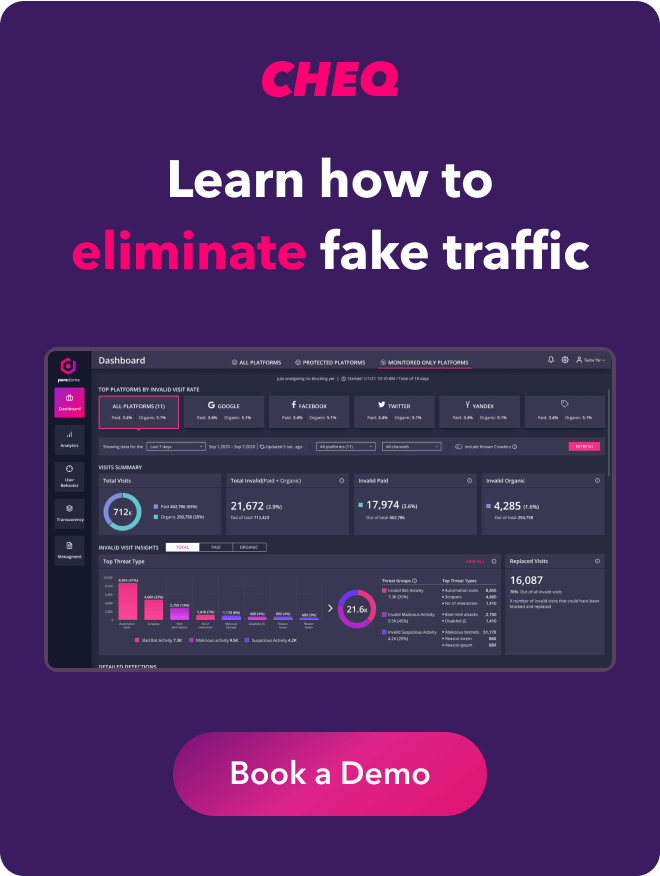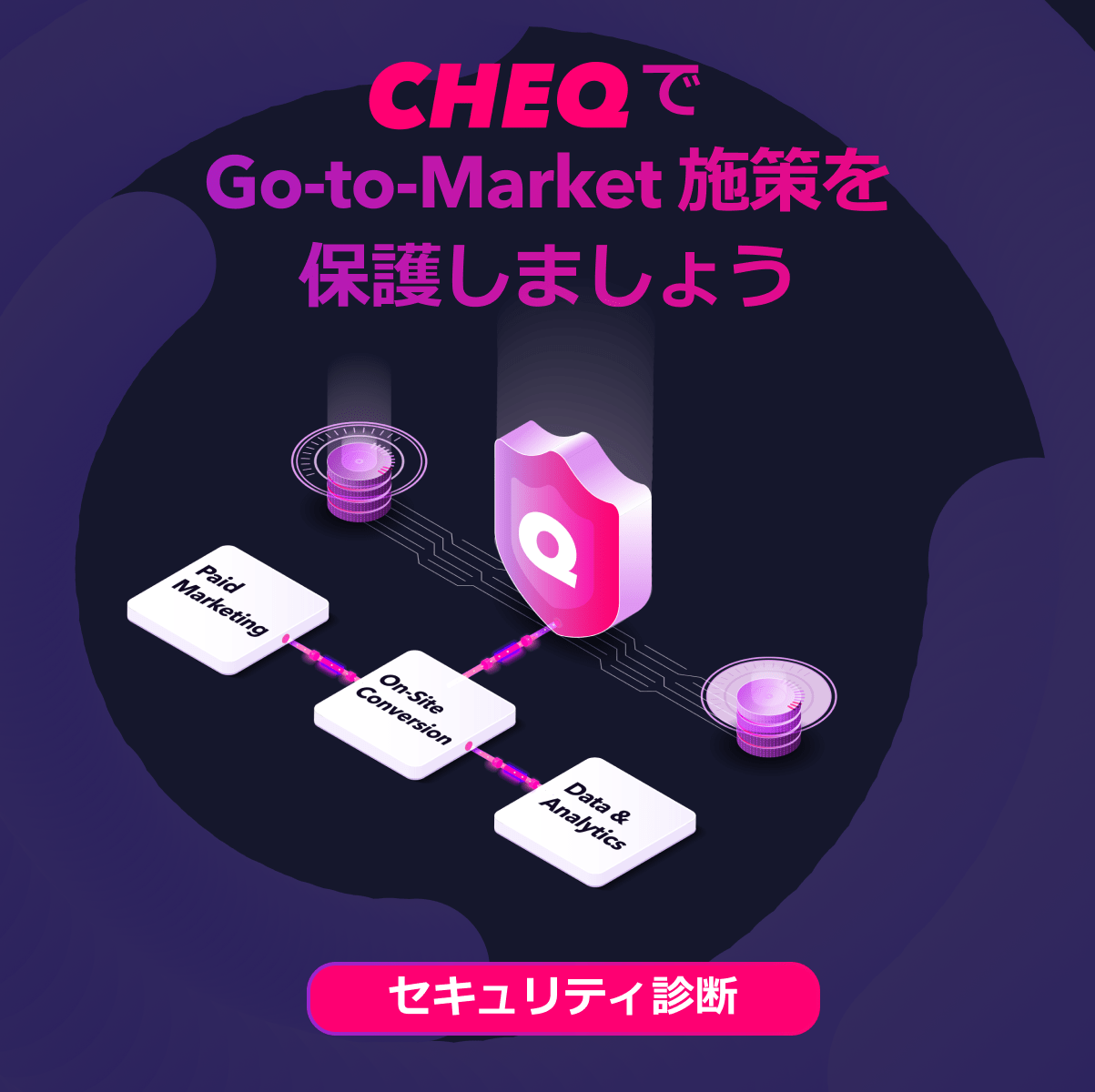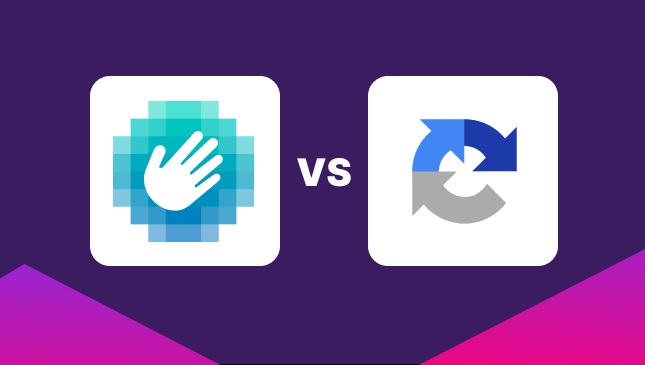Why leading companies demand MRC Accreditation
Daniel Avital
|Marketing | December 16, 2020

Serious cybersecurity problems require serious cybersecurity solutions, right?
Fraudulent, non-human, and invalid traffic (commonly referred to as ‘Ad Fraud’) is a B-I-G problem. How big? Try ‘$35 Billion a year big’. That’s 10% of all online ad spend wasted on bots and other forms of bogus traffic. Also, consider that this isn’t just a big problem; it’s a cybersecurity problem, which means the challenges and sensitivities around mitigation are complex, and getting it wrong could expose a company to some really serious risks, from completely messing up your user acquisition funnel, to legal and security issues.
‘Keeping it serious”: the MRC is making sure ad-fraud vendors are up for the complex, sensitive challenge.
As ad fraud continues to ‘blossom’ into the world’s fastest-growing cybercrime (that’s right, 500% growth in 4 years!), leading companies have been looking to hold their vendors that deal in media measurement, rating, research, fraud prevention and other fields within media to the highest industry standards, to ensure accuracy, transparency, and accountability.
Enter the MRC (AKA, the Media Rating Council), the organization charged with auditing and accrediting such services since the 1960’s. The audit process (which took us over 2 years to complete) ensures accredited companies are compliant with the highest industry standards for SIVT (Sophisticated Invalid Traffic) filtration and is only attainable by companies with extremely robust capabilities and technology.
Why should companies care about an MRC accreditation? Because of M-S-L (sorry, we love acronyms).
Really, we do love a good old-fashioned acronym, so here’s one for you – M-S-L (Monetary, Security, Legal). What are those, you ask? The three very severe risks companies are exposed to when working with non-MRC-accredited vendors in the field of ad fraud. Monetary risk, as in the money you will lose when your unvetted service routinely blocks real paying customers because it relies on poor, dated (and cheap) techniques like IP blacklists. The MRC accreditation is only given to companies utilizing the most advanced SIVT detection and filtration technologies, applying advanced, real-time JavaScript challenges to the user’s browser, and making deterministic, verifiable decisions.
So, if you’re not about to let some vendor blanket-block your users and cost you significant revenue, you better think twice before using a non-accredited service. Security risks also ensue with non-accredited services, but that’s what you get when you install a code on your website without applying high-standards of security compliance. The third risk is legal, as non-accredited companies aren’t typically held to high standards of privacy protection, exposing their customers, in some cases, to potential legal risk. MRC-accredited companies use data collection and storage best practices and are therefore less likely to be in violation of privacy regulations.
To summarize, yes – unaccredited fraud prevention services might cost you less, exactly the same way an unlicensed dentist would charge less for a root canal. But large organizations with significant media spend cannot afford the monetary, security and legal risks involved in hiring a non-accredited service, which is why leading advertisers today are choosing to only employ accredited companies, those who have the advanced technology, know-how and transparency to make it through the rigorous MRC audit.
P.S.
Want to protect your sites and ads? Click here to Request a Demo.











